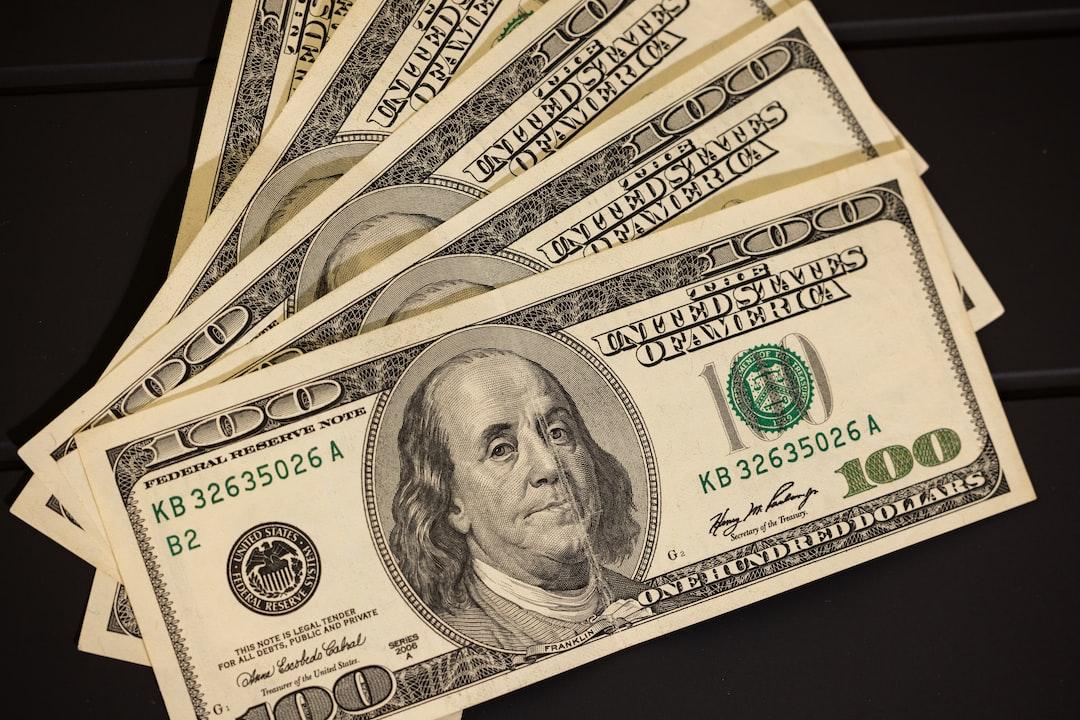Kamala Harris briefly took the lead on blockchain-based prediction markets regarding Nevada’s presidential election results on Tuesday, as traders reacted to fresh data on voter turnout in the swing state’s most populous county.
The Democratic presidential candidate had amassed 55% of betting volume on the crypto-focused prediction market Polymarket as of 11:50 a.m. ET, the data shows. The odds briefly flipped in Harris’ favor shortly after early Election Day voting data on Tuesday showed that Republican and Democrat voter turnout was nearly equal in Clark County, Nevada.
Trump later retook a slight lead over his political adversary, which he still holds with 56% of betting volume at the time of writing.
Over at Kalshi, another prediction markets platform, Harris briefly took the lead in Nevada around 10 a.m. PST, jumping up to a 52.5% chance of winning. However, Trump has taken over again at 53% compared to Harris at 47%.
The data, which was circulated on Twitter (aka X), shows that registered Democrats accounted for 31.5% of voters at local polls, while registered Republicans made up 29.9% of those who showed up to cast ballots, as of 9 a.m. PST. Meanwhile, other voters made up 38.5% of those who flocked to Clark County’s polls.
The latest data as of 11:10 a.m. PST shows Democrats on top still with approximately 31.5% of Election Day voting in the county. Republicans had a commanding lead in the county in 2022 as of that time, with the early 2024 data apparently spooking bettors who figured the GOP would again handily carry Clark.
Clark County is the most populous of Nevada’s counties, with 2.3 million residents and 70 percent of the state’s population. As such, the county has the most sway over who will clinch Nevada’s six electoral votes.
The winner of the U.S. Presidential Election must accumulate 270 electoral votes. The Associated Press, which calls U.S. elections, has not yet tabulated voter data in Nevada. Polls in the state close at 7 p.m. PST, according to the AP.
Members of the public have been watching prediction market activity for months to predict who will win the 2024 U.S. presidential election. Proponents of prediction markets say that they are more accurate gauges of the outcomes of future events than traditional polls, while detractors argue that the markets suffer from a conservative bias.
Edited by Andrew Hayward


